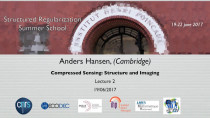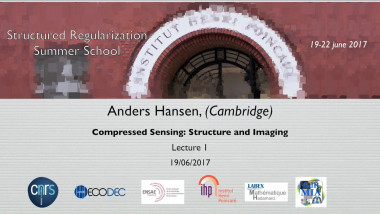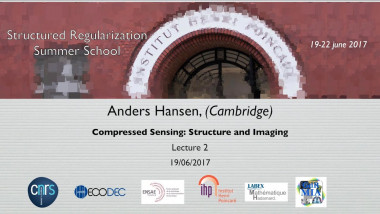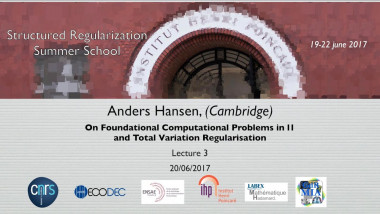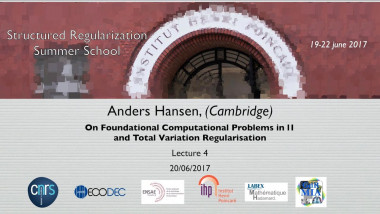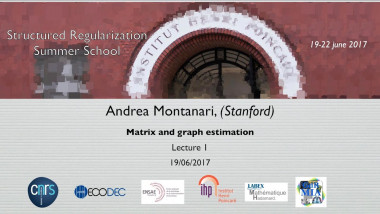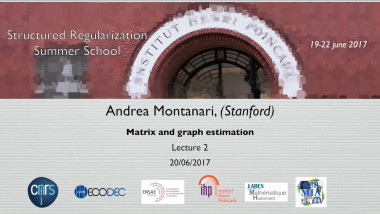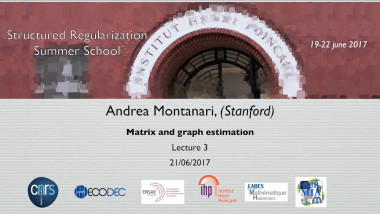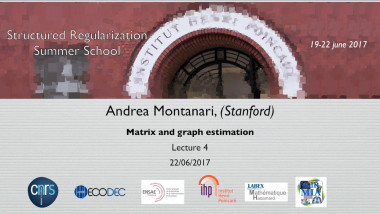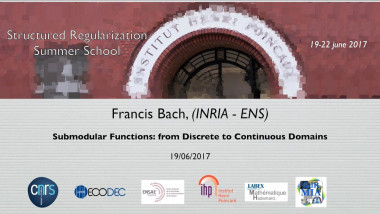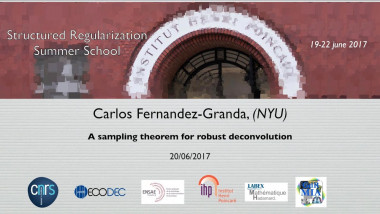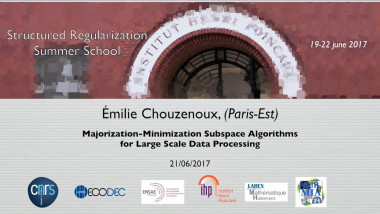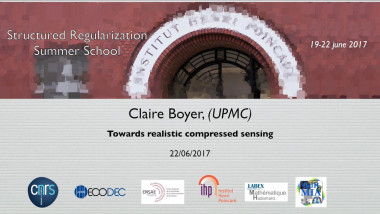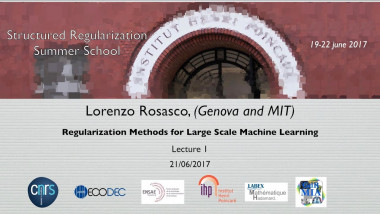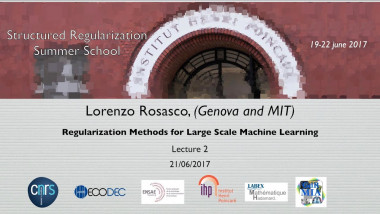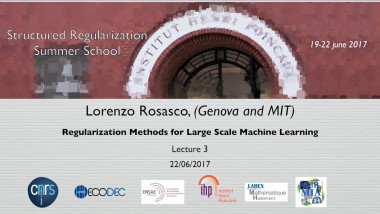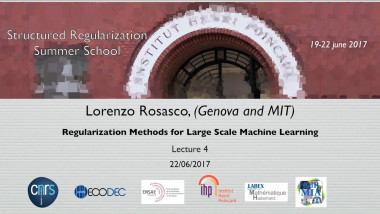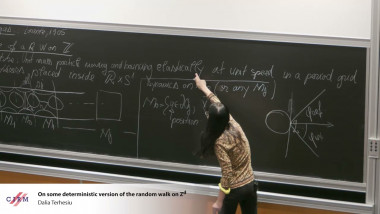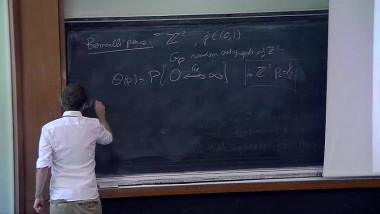Submodular Functions: from Discrete to Continuous Domains
By Francis Bach
Submodular set-functions have many applications in combinatorial optimization, as they can be minimized and approximately maximized in polynomial time. A key element in many of the algorithms and analyses is the possibility of extending the submodular set-function to a convex function, which opens up tools from convex optimization. Submodularity goes beyond set-functions and has naturally been considered for problems with multiple labels or for functions defined on continuous domains, where it corresponds essentially to cross second-derivatives being nonpositive. In this talk, I will show that most results relating submodularity and convexity for set-functions can be extended to all submodular functions. In particular, (a) I will naturally define a continuous extension in a set of probability measures, (b) show that the extension is convex if and only if the original function is submodular, (c) prove that the problem of minimizing a submodular function is equivalent to a typically non-smooth convex optimization problem. Most of these extensions from the set-function situation are obtained by drawing links with the theory of multi-marginal optimal transport, which provides also a new interpretation of existing results for set-functions. I will then provide practical algorithms to minimize generic submodular functions on discrete domains, with associated convergence rates, and an application to proximal operators for non-convex penalty functions.










